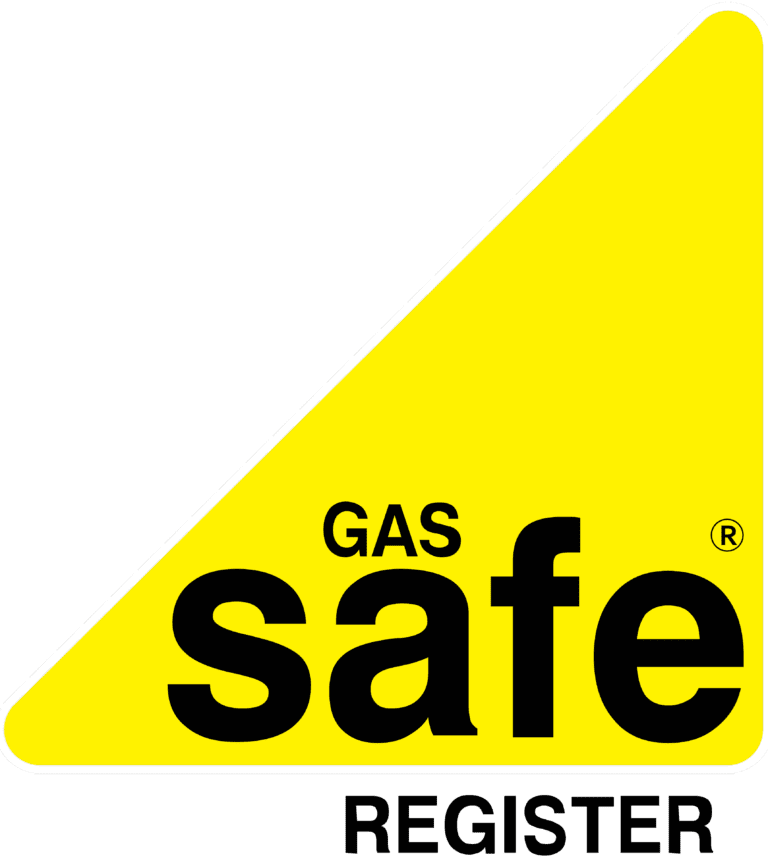Table of Contents
Choosing the right boiler for your home is a crucial decision that can significantly impact your comfort and energy bills. With a multitude of boiler types available, each with its own set of features, understanding the differences can guide you in selecting the most suitable option. This comprehensive guide will help you navigate through the process of choosing the right size and type of boiler, considering factors like efficiency, cost, and your specific heating needs.
What Type of Boiler Do I Need?
Understanding Different Types of Boilers
The first step in selecting the right boiler is understanding the different types available. From gas boilers to oil boilers, each type serves distinct needs and preferences. A combi boiler, for instance, is popular for its ability to provide both heat and hot water directly from the boiler, without the need for a separate water tank. System boilers, on the other hand, are ideal for homes with a demand for hot water in multiple taps simultaneously, as they store hot water in a cylinder. Conventional boilers, or regular boilers, are traditional setups that are well-suited for older homes with existing central heating systems and require a storage tank for water. Identifying the type of boiler that aligns with your home’s infrastructure and your personal requirements is essential in making an informed decision.
Pros and Cons of Combi Boilers
Combi boilers are a popular choice for many homeowners due to their compact size and efficiency. They eliminate the need for a hot water cylinder or a cold water tank, making them a space-saving option. The primary advantage of a combi boiler is its ability to provide unlimited hot water on demand. However, they may not be suitable for larger homes with multiple bathrooms as the flow rate can be limited when several outlets need hot water simultaneously. The choice largely depends on the size of your property and your hot water usage habits.
Should You Consider a Conventional Boiler?
Conventional boilers might seem outdated to some, but they offer distinct advantages for certain homes. They are particularly beneficial in properties where the heating system infrastructure is already in place, and there’s a need for a quick and easy replacement. These boilers are capable of supplying hot water to multiple bathrooms simultaneously, which is an advantage for larger households. However, the downside is the space requirement for the water tank and the potential for heat loss from stored hot water. If you have a large home with high hot water demands, a conventional boiler may be the right boiler for your needs.
How to Choose the Right Size of Boiler
Factors Affecting Boiler Size
Choosing the right size of boiler is crucial for efficiency and performance. Several factors influence the size of boiler you need, including the size of your property, the number of bathrooms, and the level of insulation. The boiler size determines its ability to heat your home effectively and supply enough hot water. It is important to consider both the heating demand and the hot water demand to ensure that the boiler can handle peak loads without excessive energy consumption or inefficiencies.
Calculating the Right Size Boiler for Your Home
Calculating the right size boiler involves understanding your home’s energy requirements. This can be determined by assessing the square footage of your home, the number of radiators, and your daily hot water usage. Heat loss calculations might be necessary to determine the precise boiler size needed to maintain a comfortable environment. Consulting with a heating engineer can provide you with a more accurate assessment and help you choose the right size boiler for your home.
Why Boiler Size Matters
The significance of choosing the right size boiler cannot be overstated. A boiler that is too small will struggle to meet your home’s heating demands, leading to inadequate heating and hot water supply. Conversely, an oversized boiler will lead to increased energy consumption and higher utility bills, as well as potential wear and tear from short cycling. Ensuring that the boiler size matches your home’s needs is crucial for achieving energy efficiency and comfort.
What is the Right Type of Boiler for Your Home?
Comparing System Boilers and Regular Boilers
System boilers and regular boilers serve different purposes and are suited for different types of homes. System boilers integrate the essential components of a heating system into a single unit, making them easier to install and more efficient. They are ideal for homes with multiple bathrooms and high hot water demand. Regular boilers, although requiring separate tanks, can be beneficial in homes with existing traditional heating systems. Choosing between these two depends on your home’s infrastructure and your specific needs for hot water and heating.
Is a Condensing Boiler the Best Option?
Condensing boilers are renowned for their energy efficiency, as they capture and recycle heat that would otherwise be lost through the flue. These modern boilers are designed to operate at over 90% efficiency, making them an attractive option for environmentally conscious homeowners. The decision to opt for a condensing boiler should consider the potential savings on energy bills, the environmental benefits, and whether your home can accommodate the necessary drainage for condensate.
Choosing a Boiler Based on Your Heating System
The existing heating system in your home plays a significant role in determining the type of boiler you should choose. A compatible boiler will ensure seamless integration and optimal performance. For homes with underfloor heating or extensive radiator networks, certain boiler types may offer better efficiency and control. Collaborating with a heating engineer can provide insights into the best boiler for your home, considering your current heating infrastructure and future needs.
What Should You Consider When Buying a New Boiler?
Evaluating Boiler Costs and Efficiency
When buying a new boiler, cost and efficiency are primary considerations. The initial investment should be weighed against potential long-term savings on energy bills. High-efficiency boilers may come with a higher upfront cost but offer savings through reduced fuel consumption. Examining the boiler’s efficiency rating and potential savings can help justify the investment and ensure you buy the best boiler for your home.
Reviewing Different Boiler Brands
The market is flooded with a variety of boiler brands, each offering different features, warranties, and price points. Researching and comparing brands based on user reviews, reliability, and customer service can guide you in making an informed decision. Established brands often provide more reliable products and better support, contributing to a better overall experience when buying a new boiler.
Consulting with a Heating Engineer
Engaging a heating engineer is invaluable when selecting a new boiler. Their expertise can help you navigate technical specifications, installation considerations, and tailor recommendations based on your unique home requirements. A professional assessment ensures that you choose the right boiler for your home, optimizing performance and efficiency.
How to Maintain Your Boiler for Efficiency
Regular Maintenance Tips for Boilers
Regular maintenance is key to prolonging the lifespan of your boiler and maintaining its efficiency. Annual servicing by a qualified technician can identify potential issues before they become costly repairs. Simple tasks such as checking the pressure, bleeding radiators, and ensuring unobstructed vents can be performed by homeowners to keep the boiler running smoothly.
Common Boiler Problems and Solutions
Understanding common boiler problems can help you troubleshoot issues and maintain efficiency. Problems such as low pressure, leaks, or unusual noises often have straightforward solutions. Regular checks and timely maintenance can prevent these issues from escalating. Always consult a professional for repairs to ensure safety and compliance with regulations.
When to Consider Replacing Your Boiler
Knowing when to replace your boiler is crucial for maintaining an efficient heating system. If your boiler is over 15 years old, frequently breaking down, or no longer meeting your heating needs, it may be time to replace it. Newer models offer improved efficiency and reliability, which can enhance comfort and reduce energy costs in the long run.

